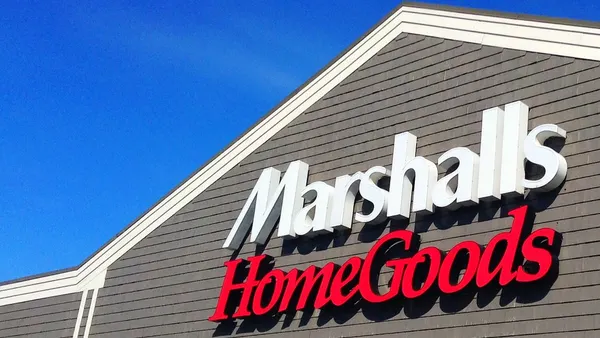Dive Brief:
- U.S. businesses are sourcing more products and goods from Vietnam, with imports doubling in the last five years, according to data from Descartes.
- Despite China and the U.S. agreeing to suspend tariffs, many supply chain managers are considering a backup plan and eyeing Vietnam as an alternative sourcing destination, Melissa Harrington, sales director of content business at Descartes, told Supply Chain Dive.
- The top products sourced from Vietnam include furniture, textiles, tires and electronics.
Dive Insight:
For now, tariffs on products traded between the U.S. and China are "on hold," Treasury Secretary Steve Mnuchin said. But hours later, U.S. Trade Representative Robert Lighthizer said the U.S. might still resort to tariffs.
With trade negotiations uncertain, supply chain managers have to plan for any scenario.
Being prepared requires looking at the data and forming a plan B, Harrington said. "Where are they importing from today? What are the duties they're paying today? What are the ramifications if they're hit with a 25% tariff on one of their goods, and how are they going to adjust to that?"
But even before the tariff tit-for-tat with China, many companies have been looking to Vietnam over the past few years as another place to source goods. Exports from Vietnam to the U.S. totaled $46 billion last year, and that figure is expected to rise to $51 billion by the end of this year.
Harrington outlined a few reasons the Vietnamese market is appealing for businesses:
- It's one of the world's fastest growing economies.
- The government is open to foreign investment and strives for transparency and ease of doing business.
- Its strategic location positions the nation as central to several of the world's main shipping routes.
Sourcing from Vietnam doesn't come without risk, however. In FM Global's Resilience Index, Vietnam received a score of 19/100 for quality of local suppliers. China's score of local supplier quality is 45. In addition, Vietnam's evolving economy continues to have issues with sustainability and unsafe or forced labor.
With those known risks, transparency is key for sourcing managers looking to import goods from Vietnam, Harrington said.
"As long as you know who your supplier is and make sure that they're very transparent with you, the benefit definitely outweighs the risk," she said.














